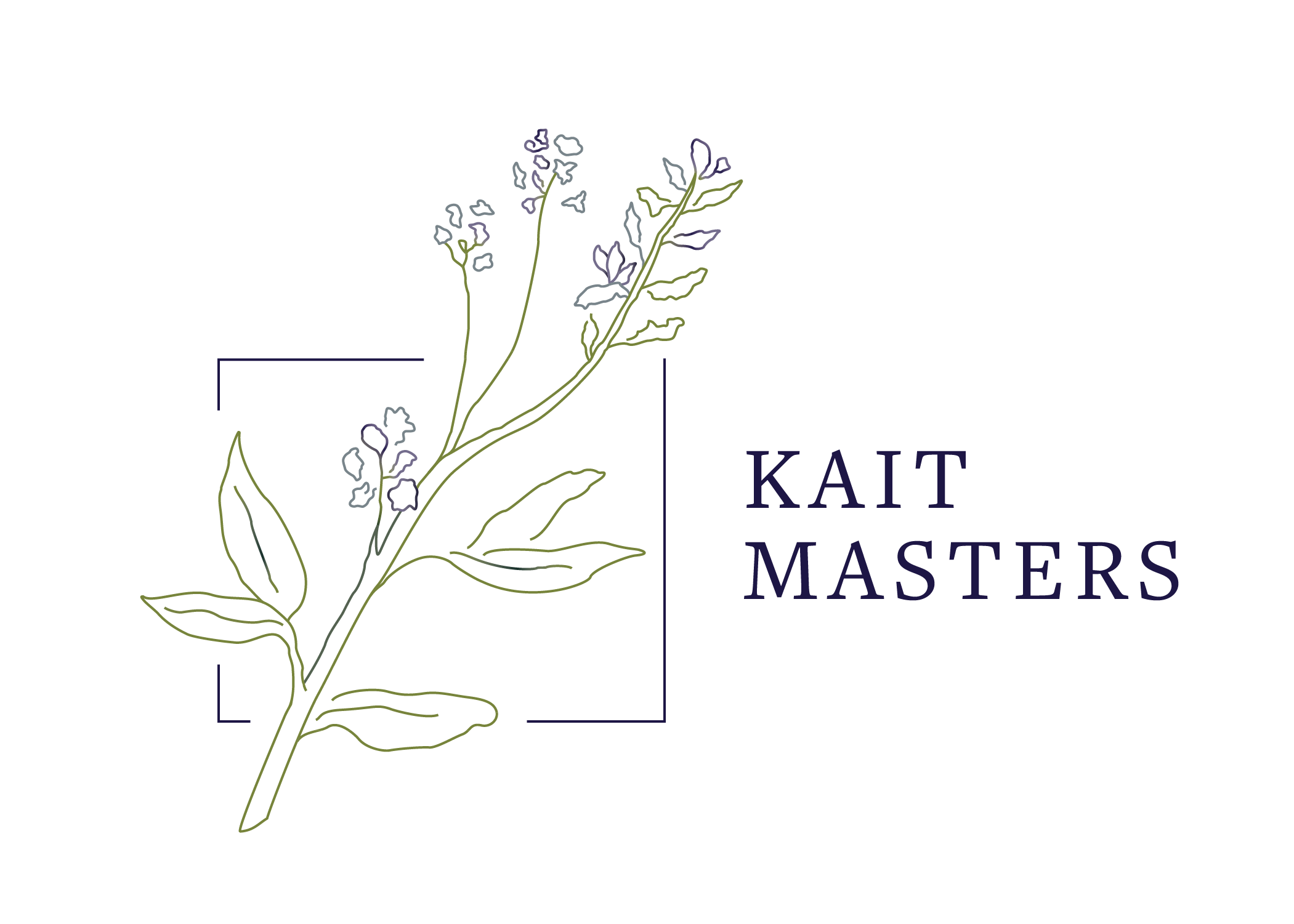Normalizing Without Minimizing
Normalizing disability and chronic illness — it’s a tall task, and something I’ve been working on this year. Sharing about Myasthenia Gravis in a public way requires a nuanced approach that shares in an honest way without minimizing the experience of the chronic illness and disability community. For any of us who have to deal with long term health complications, it is a important (and not always easy) to share in an intentional way that leaves little room for interpreting our words as cries for attention, dramatizations, or laziness.
Recently, I read a piece originally published on The Mighty that was picked up by the Huffington Post about what 12 things chronic illness sufferers wish people knew and understood. It struck a chord with me for 3 main reasons.
• It was written from the perspective of a doctor who lives with a chronic illness. Their title as a medical professional gives them an authority as an expert whose opinions are based in fact and evidence rather than pseudoscience and personal anecdotes. Often patients are written off as “over reporting” symptoms. Our family or peers may try to relate to our experiences, but unless you are living with (or caring for someone with) a permanent condition that requires long term specialized care, there is really no point of reference.
• The article outlined succinctly what so many of us are trying to convey, but have trouble putting words to. Often times when we try to explain fully what it’s like to live our daily lives with long term management, it falls on deaf ears. We’re too wordy and our emotions overshadow the heart of what we’re trying to say.
• The underlying theme of the article is about normalizing and explaining what it is actually like to manage disease symptoms, treatments, and the emotional weight without minimizing the experience of the patient.
I’m still trying to normalize chronic illness and disability without having to use minimization as a tool to approach the subject. Far too often when I’ve shared about what it’s live living day to day managing on a long term basis, I minimize my own experience.
I’m used to it.
It’s not a big deal.
Oh, I’m just…
This is my new normal.
Most often, I do and say these things to make others more comfortable while trying to destigmatize chronic illness and disability. And on some days, those above statements are true. I am used to MG, and all that managing it entails has become my new normal. It’s not just about a worry of making others uncomfortable, but also a tool I’ve used to help myself cope. Living with MG would consume me entirely if I did not actively find other ways to identify myself and find purpose in life. My hope is that in the next year, I do a better job at normalizing being a creative with a chronic illness — not just a creative but a wife, a friend, a sister, a co-worker. I don’t need to be a constant source of inspiration to find purpose, and I don’t need to minimize my experience out of fear that my vulnerability will be perceived as an exaggeration or hyperbolic.
In reality, living life with an incurable disease is wearisome, inconvenient, and exhausting. My infusion schedule rules my life. Last night I was infusing until after 8pm— on a Friday after a full week of work. It’s difficult to plan travel, and stressful to live in a constant state of wondering when insurance will stop paying for treatments (even with great insurance, being one of only 65k patients in the US comes with a unique set of challenges). There’s a perpetual state of missing out, making hard decisions, and having to say no to opportunities. As I shared in my last post, I am incredibly grateful for these treatments, for what I am capable of doing still, and for the help I receive. Gratitude doesn’t mean that the circumstances come without hardship.
There are parts about being sick that have hardened me, and others parts that have softened me. It’s taken years of counseling, a supportive community of friends and fellow patients, and practice to release a grip on bitterness for the ways being sick has changed the plans for my life. That internal and external work has helped me to advocate more effectively for a community that often goes unnoticed, is underrepresented in nearly all aspects of our society today, and is one of the most vulnerable groups of people in our communities.
So here’s to normalizing without minimizing.
image1 (6)

